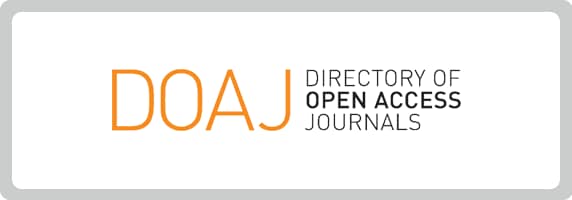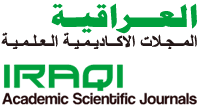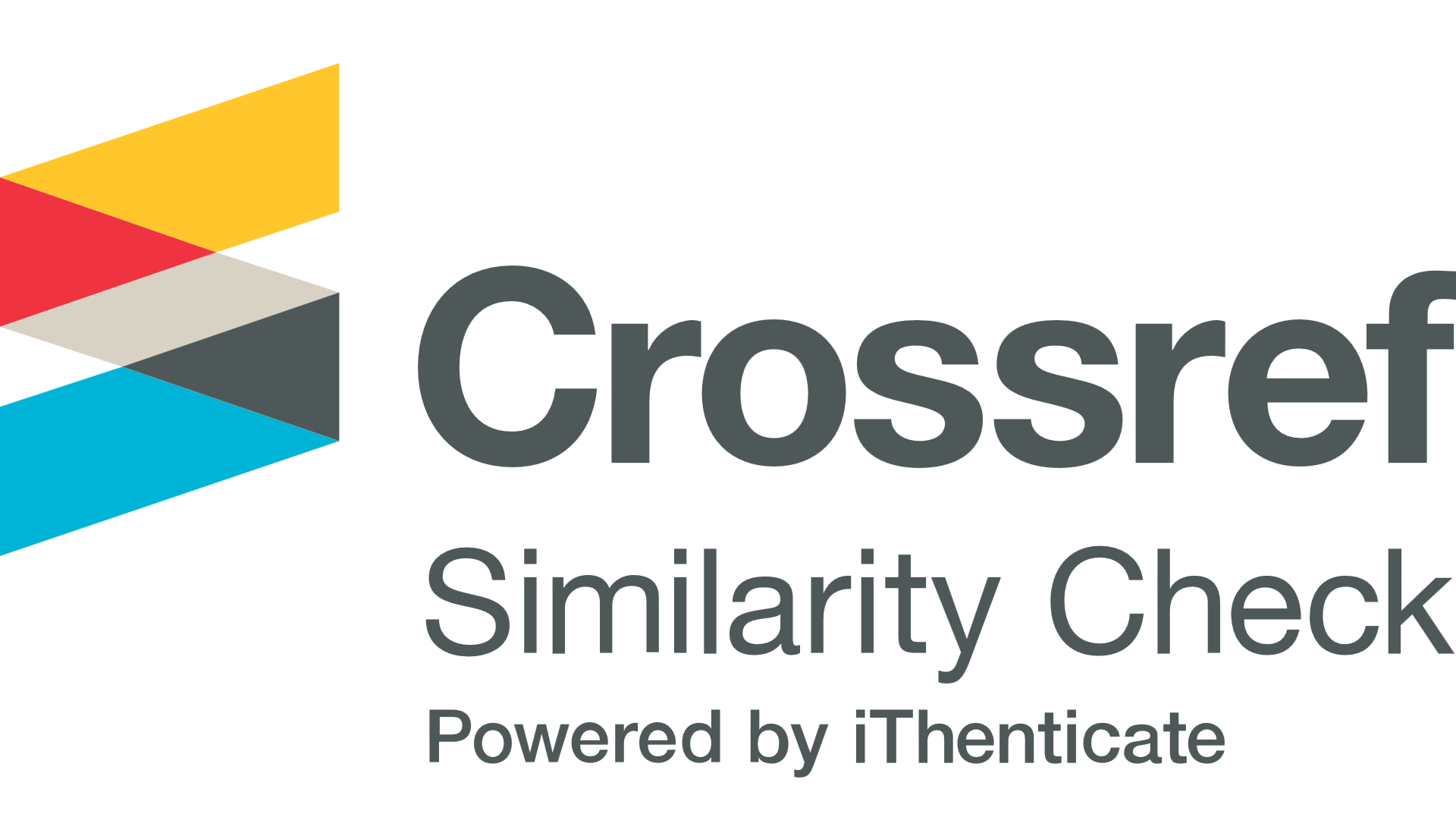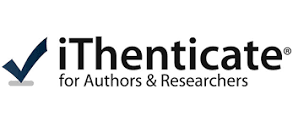Reviewers
Reviewing a manuscript written by a fellow scientist is a privilege. However, it is a time-consuming responsibility. Hence, JES's Editorial Board, authors, and audiences appreciate your willingness to accept this responsibility and dedication. JES adheres to a double-blind peer-review process that is rapid, fair, and ensures a high quality of articles published. Therefore, JES needs reviewers who can provide insightful and helpful comments on submitted manuscripts with a turnaround of about two weeks. JES's high scientific quality relies on expert reviewers who provide objective, fair, and insightful manuscript evaluations.
REVIEWERS' RESPONSIBILITIES
If JES's Editor-in-Chief has invited you to review a manuscript, please consider the following:
1. Reviewing the manuscript critically but constructively and preparing detailed comments about the manuscript to help authors improve their work
2. Reviewing multiple versions of a manuscript as necessary
3. Providing all required information within established deadlines
4. Making recommendations to the editor regarding the suitability of the manuscript for publication in the journal
5. Declaring to the editor any potential conflicts of interest to the authors or the content of a manuscript they are asked to review
6. Reporting possible research misconduct
7. Recommend alternative reviewers if unavailable.
8. Treating the manuscript as a confidential document
9. Not making any use of the work described in the manuscript
10. Not communicating directly with the authors, if somehow, they identify the authors
11. Not identifying themselves as authors
12. Not passing on the assigned manuscript to another reviewer
13. Ensuring that the manuscript is of high quality and original work
14. Notify the editor if the manuscript is simultaneously under consideration elsewhere.
15. Writing a review report in English only
16. Authoring a commentary for publication related to the reviewed manuscript
WHAT SHOULD BE CHECKED WHILE REVIEWING A MANUSCRIPT?
1. Novelty
2. Originality
3. Scientific reliability
4. A valuable contribution to the science
5. Adding new aspects to the existing field of study
6. Ethical aspects
7. Structure of the article submitted and its relevance to the authors' guidelines
8. References provided to substantiate the content
9. Grammar, punctuation, and spelling
10. Scientific misconduct





